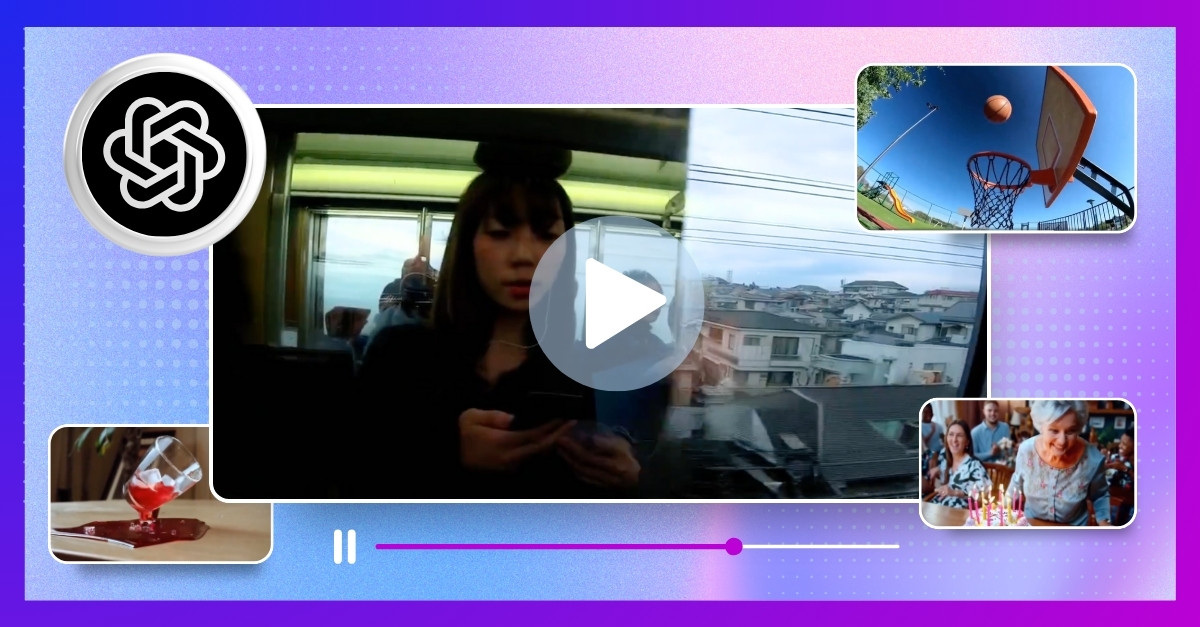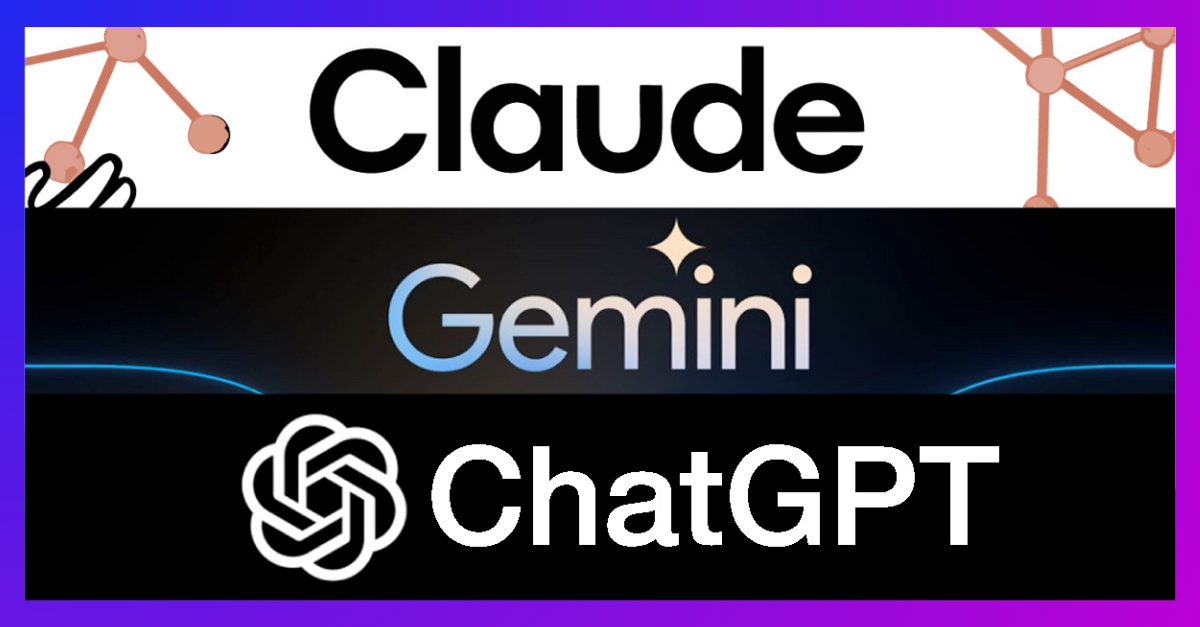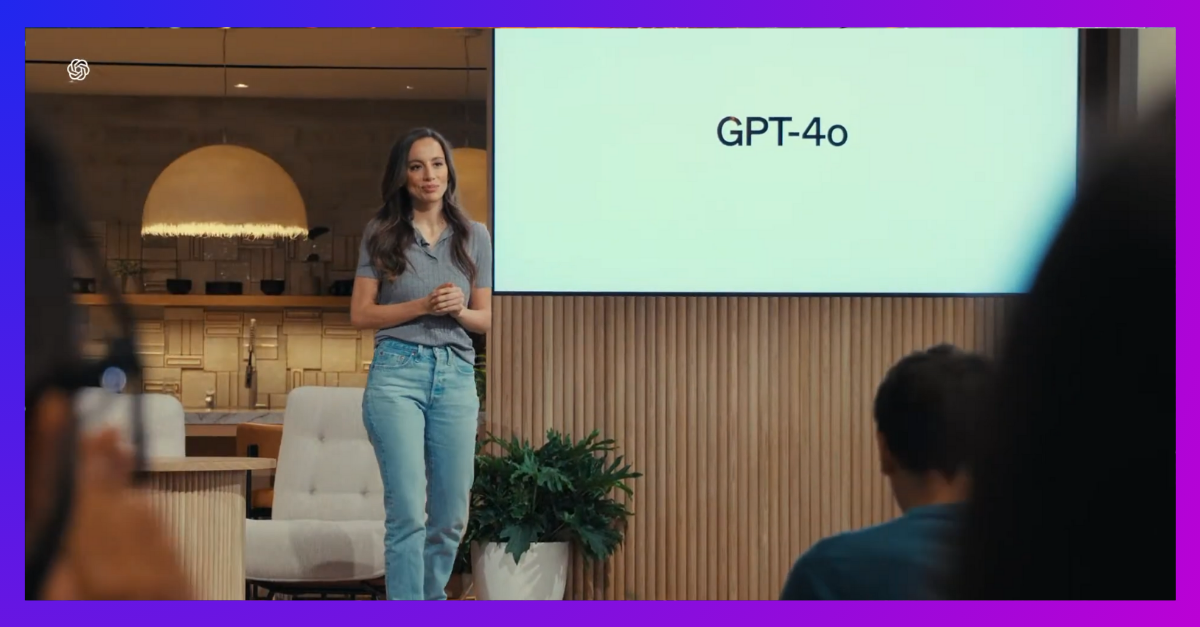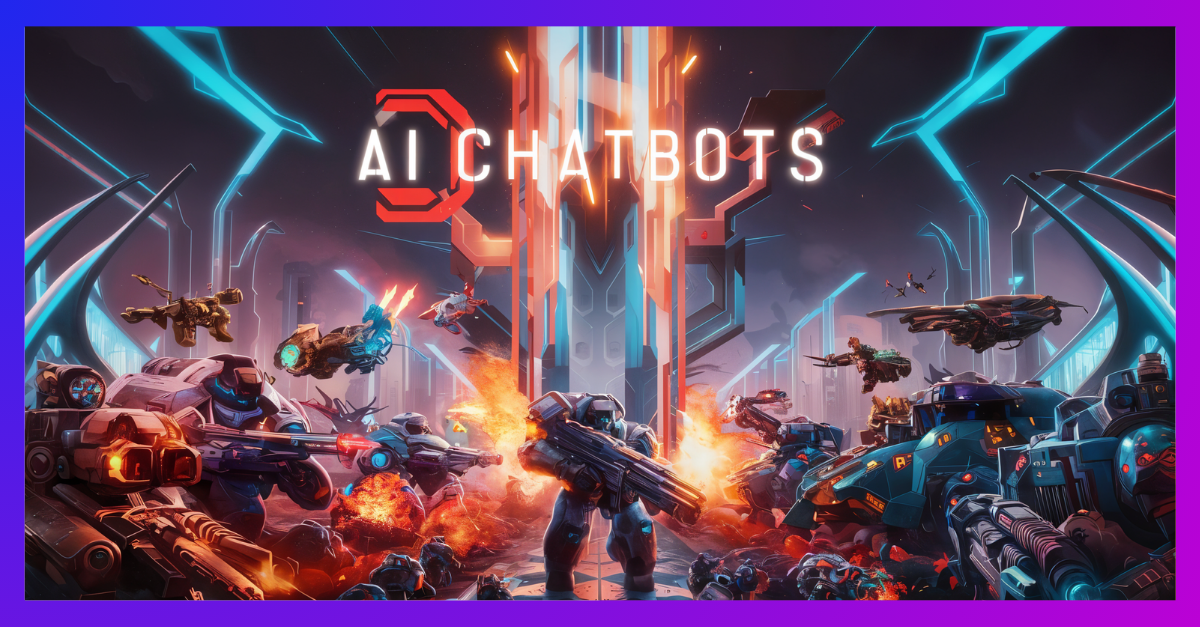
In the rapidly evolving landscape of artificial intelligence, AI chatbots have emerged as powerful tools for enhancing productivity, creativity, and problem-solving. With so many options to choose from, it can be challenging to determine which AI chatbot best suits your needs.
In this blog, we'll explore four (and one bonus!) of the most prominent AI chatbots: Microsoft Copilot, Perplexity AI, Poe, and HuggingChat. We'll delve into their unique features, strengths, weaknesses, and ideal use cases to help you make an informed decision.
Microsoft Copilot: Seamless Integration with Microsoft 365

Microsoft Copilot is an AI-powered coding assistant that seamlessly integrates with programming environments to offer code suggestions, completions, and debugging assistance. Leveraging OpenAI's GPT models and Microsoft's Bing search, Copilot provides access to up-to-date web information.

With adjustable conversation styles, image input and generation support, and integration with the Microsoft 365 ecosystem, Copilot is ideal for enhancing productivity within the Microsoft suite.
You can try it here: https://copilot.microsoft.com/
Perplexity AI: Conversational Search with Cited Sources

Perplexity AI is a conversational search engine that delivers summarised answers to queries using GPT-3.5 and web search, complete with source citations.

Its user-friendly interface, related follow-up question suggestions, and Copilot feature for multi-step interactive searches make it a top choice for researchers and those seeking fact-checked, instant answers.
While the core search feature is available for free, the $20/month Pro plan unlocks GPT-4, unlimited uploads, and more daily searches.
You can try it here: https://www.perplexity.ai/
Poe: AI Chatbot Aggregator with Multiple Models

Poe, an AI chatbot aggregator platform by Quora, grants access to various chatbots like ChatGPT, Claude, PaLM, and Llama 2 in a single place.
Users can ask questions, receive instant answers, and engage in back-and-forth conversations with different AI models.

Poe offers both official chatbots from tech companies and user-created custom chatbots for specific purposes. The basic version is free with some limitations, while paid plans unlock more interactions and features.
You can try it here: https://poe.com/
HuggingChat: Open-Source Flexibility and Model Selection

HuggingChat, an open-source chatbot developed by Hugging Face, serves as an alternative to ChatGPT.
Built on a 30 billion parameter model trained on the Open Assistant Conversations dataset, HuggingChat allows users to choose from multiple LLMs, including Mixtral-8x7B, OpenChat, and Google's Gemma models.
 As an open-source project, users can access and modify HuggingChat's source code for customisation and improvement. However, it may be more prone to hallucinations and inaccuracies compared to ChatGPT.
As an open-source project, users can access and modify HuggingChat's source code for customisation and improvement. However, it may be more prone to hallucinations and inaccuracies compared to ChatGPT.
You can try it here: https://huggingface.co/chat/
(Bonus) Groq: Lightning-Fast Inference

Groq, an AI-first hardware company, has developed specialized chips called Language Processing Units (LPUs) that deliver unparalleled performance for AI inference.

GroqChat, their AI chatbot platform, showcases the LPU's prowess by hosting open-source models like Mistral AI's Mixtral 8x7B and Meta AI's Llama 2 70B. With lightning-fast output generation and a clean interface, GroqChat is an excellent choice for those seeking a free, high-performance alternative to ChatGPT.
You can try it here: https://groq.com/
Read more related blogs

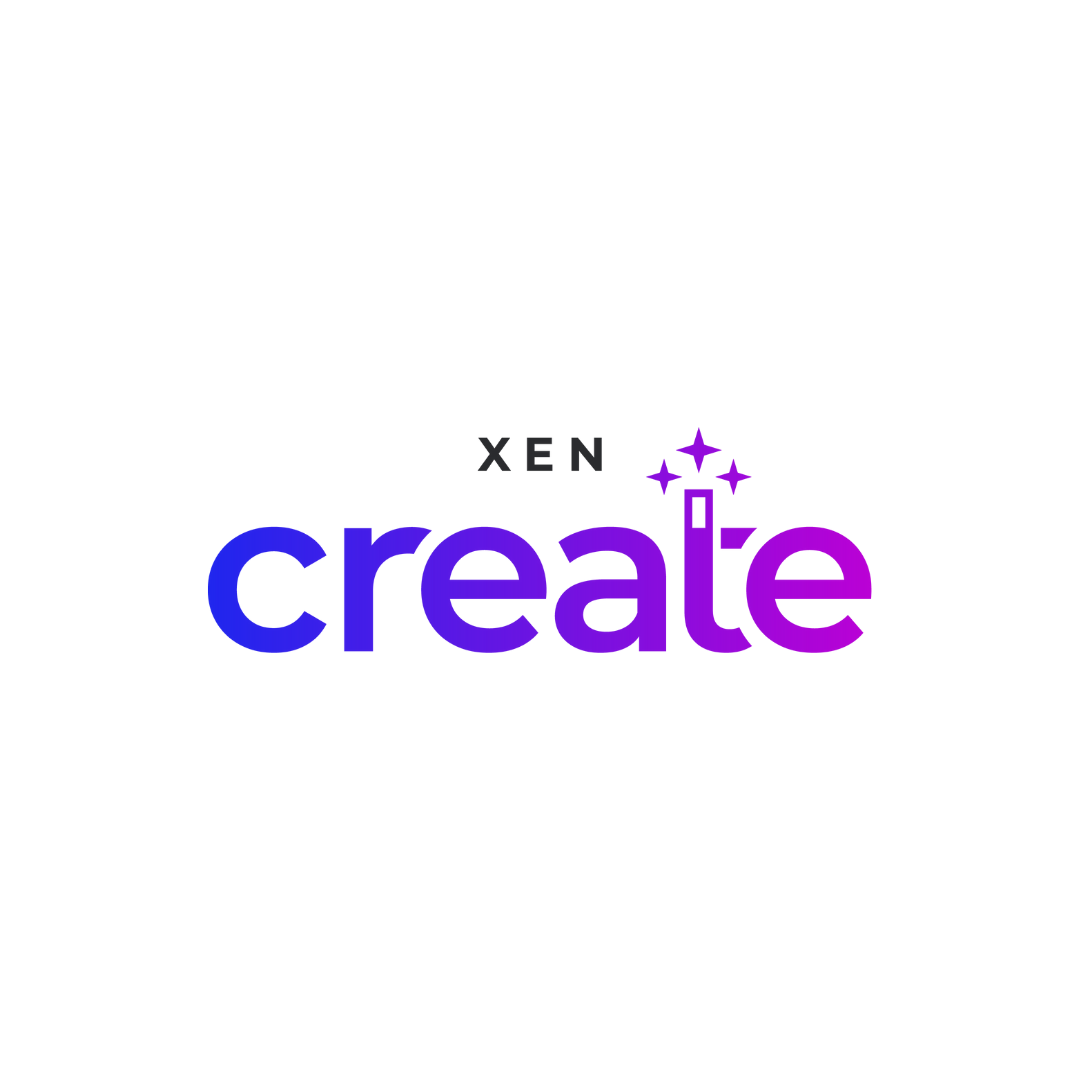 XEN Create
XEN Create
